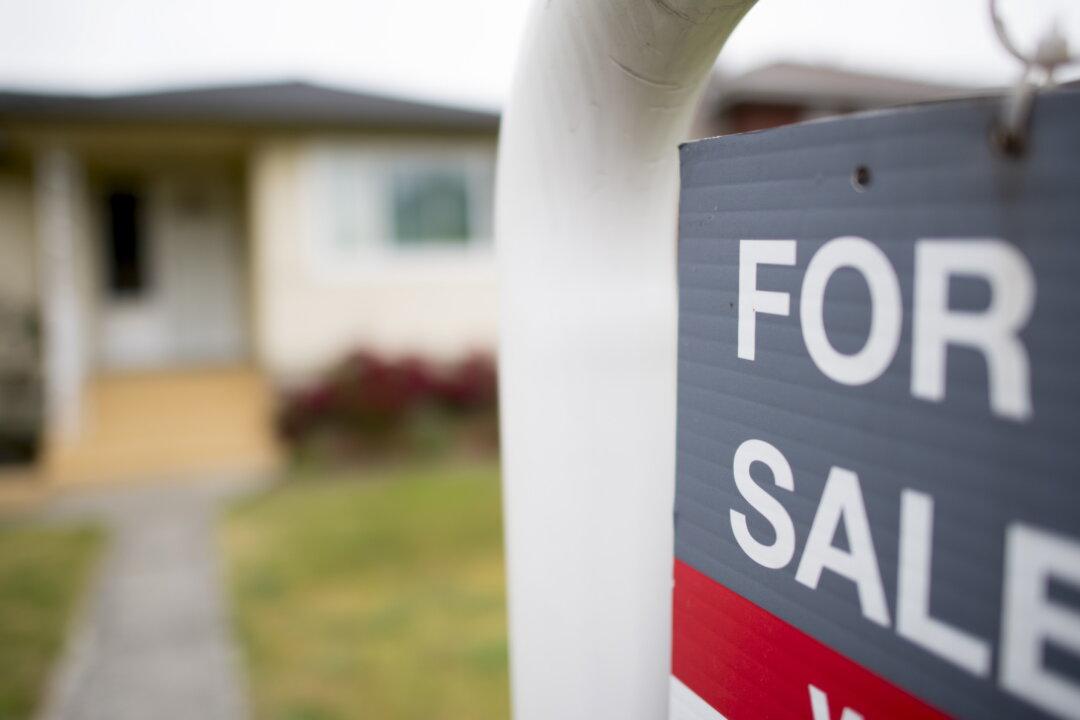Indications that the federal government is considering introducing a potential capital gains tax on the sale of primary residences should be of great concern to Canadians, says the B.C. director of a taxpayers’ advocacy group.
“We think people really need to pay attention to the potential for either a capital gains tax or a form of a home equity tax on the sale of your primary residence,” Kris Sims, British Columbia director for the Canadian Taxpayers Federation (CTF), told The Epoch Times.





